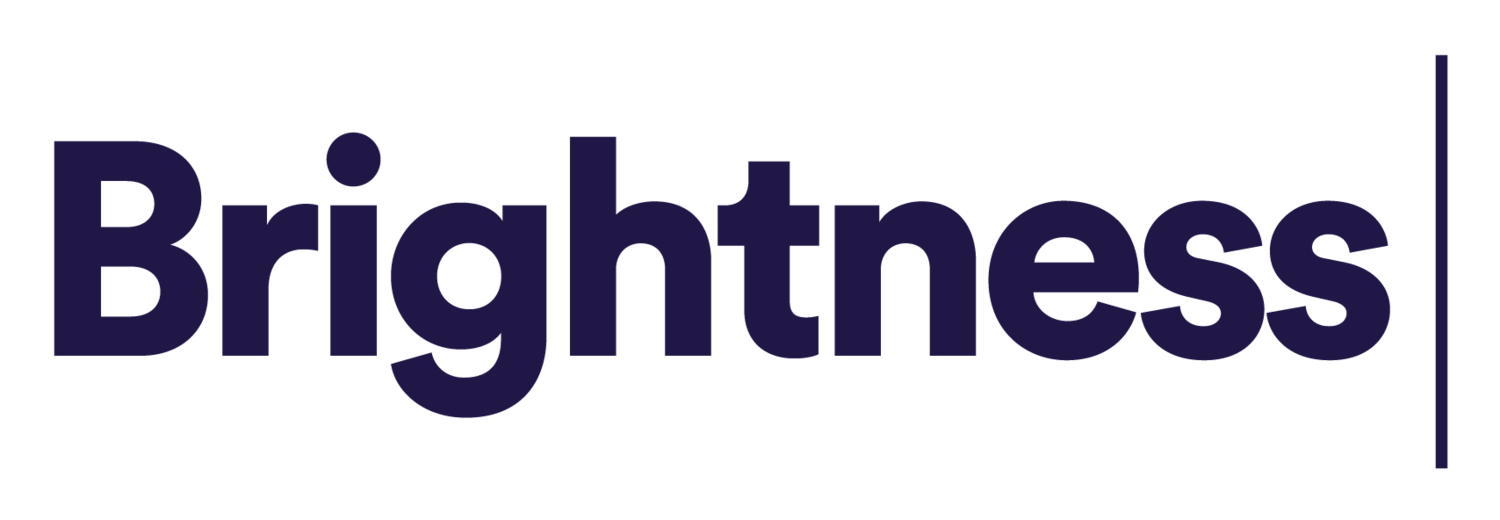RED ALERT — Le serious game pour anticiper, décider et agir sous pression
Simulation immersive d’une demi‑journée pour entraîner vos équipes à naviguer dans un monde instable, entre tensions géopolitiques et ruptures technologiques. Transformez les crises en opportunités stratégiques.
Pourquoi RED ALERT maintenant ?
Nous entrons dans une période de volatilité extrême : guerre en Europe, tensions commerciales, chaînes d’approvisionnement fragilisées, généralisation de l’IA générative… Autant de facteurs qui exigent anticipation et réactivité. Red Alert place vos équipes dans une cellule de crise pour tester la prise de décision rapide, la coordination et la communication sous pression.
Découverte express du management de l'incertitude par le jeu.
2 scénarios mis en jeu
Travail en équipes, restitution en mode pitch
Idéal séminaire & kick‑off
Des résultats concrets
Identifier les menaces et signaux faibles pertinents pour votre activité.
Élaborer des plans d’action robustes et time‑boxed.
Renforcer la clarté de communication envers les parties prenantes.
Outiller l’équipe pour le scenario planning et la résilience.
Objectifs
Sensibiliser aux risques géopolitiques & technologiques.
Muscler la pensée stratégique et l’anticipation.
Entraîner la prise de décision rapide et collective.
Améliorer la communication sous pression.
Compétences visées
Anticipation des impacts métiers.
Agilité & résilience individuelle.
Réactivité stratégique.
Prise de parole convaincante.
Publics
Comités de direction, cadres dirigeants.
Marketing, RH, Innovation.
Risque & sécurité économique.
Équipes exposées aux enjeux globaux.
Modalités pédagogiques
Le programme alternant, présentations de scénario, identification de tendances, sessions de jeu, activités d’interactions, pitchs et synthèses (à chaud et à froid).
15
Participants max (reco.)
4h
Programme sur 1/2 journée
fr/en
Langues disponibles
PRESENTATION DE SCENARII & DE TENDANCES
Découvrir le scénario et les grandes tendances permettant d’entrer dans le jeu.
SESSIONS DE JEU
Constitution des équipes et sessions de jeu. Chaque round correspond à l'émergence d’un choc et l’identification de réponses à ce choc.
PITCH
Chaque équipe présente sa stratégie sous la forme d’un pitch de synthèse permettant de répondre au possible choc à venir.
DEBRIEF
Le programme donne l’occasion de deux synthèses à chaud et à froid, permettant de revenir sur les éléments de fond et de forme de l’exercice. Les équipes repartent avec des plans d’action plausibles face au choc étudié
Mode d’animation
Un programme en présentiel
Le programme délivré en présentiel.
Les réunions préparatoires et de synthèse peuvent se dérouler en visioconférence sur Teams, Zoom ou Google Meet
1 - Brief d’ouverture
Mise en contexte géopolitique et technologique, objectifs de la simulation et rôles de chaque équipe.
2 - Simulation en équipes
Travail sur des scénarios réalistes : évaluation des risques, arbitrages, décisions et communication.
3 - Debrief & apprentissages
Retour d’expérience, extraction des enseignements, transposition à vos processus et priorités.
Cibles, problématique et objectifs pédagogiques
Audience type
Directions générales
Directions marketing.
Directions des ressources humaines.
Managers
Équipe stratégiques
Directions de l’innovation
Problématique
Comment gérer l’incertitude ?
Comment favoriser une culture de l’innovation ?
Comment identifier les signaux faibles et les tendances qui permettent de concevoir des réponses aux ruptures futures ?
Comment se préparer aux chocs à venir ?
Intervenants
Guy Philippe Goldstein
Guy-Philippe Goldstein est chercheur en géopolitique et cyber, consultant et romancier. Il est chargé de cours à l'Ecole de Guerre Economique (Paris) et contribue à la revue académique de l'INSS (Institute for National Security Studies) à Tel-Aviv. Il est également conseiller de PriceWaterhouseCoopers sur des questions telles que les études prospectives sur les risques globaux et géopolitiques, ou sur l'évaluation des entreprises et les cyber-risques. Il mène également des travaux prospectifs sur l'avenir de la guerre pour le ministère français de la défense et pour des entreprises nationales. Il est fréquemment invité comme orateur principal lors de conférences de groupes de réflexion ou de réunions d'entreprises privées, y compris plusieurs grandes entreprises d'assurance, de banques, de services publics ou de marques de luxe.
Michel Levy Provençal
Après avoir créé TEDxParis, la première conférence TEDx en Europe en 2009, Michel Levy Provençal consacre aujourd’hui son temps au développement de l’agence Brightness. Il intervient auprès d’entreprises et d’acteurs publics en délivrant des conférences et en accompagnant leurs dirigeants. Certifié par l’université d’Oxford en Scénario Planning, il enseigne à SciencesPo et a publié trois ouvrages méthodologiques et de prospective depuis 2017. Il écrit également des chroniques régulières dans Les Echos. Il est reconnu comme une des voix qui compte dans l’écosystème d’innovation hexagonale.








